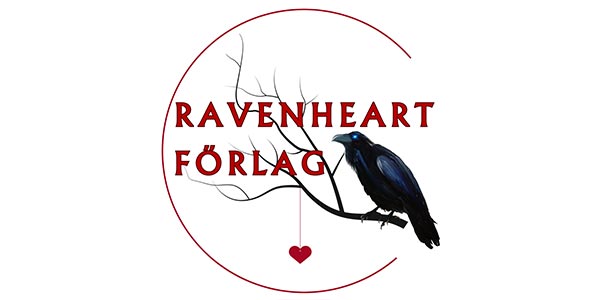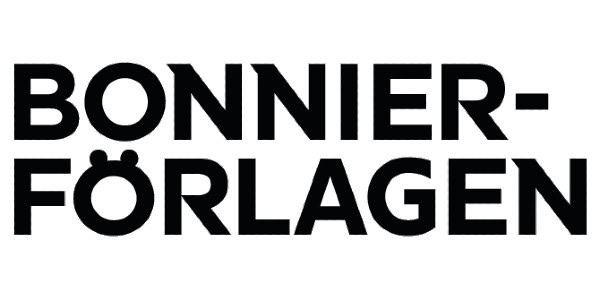
A Battle over Children: Nonformal Education in Norwegian Uniformed Children's Organisations, 1910-1960

| Serie | Studier i utbildnings- och kultursociologi (18) |
|---|---|
| Författare | |
| Förlag | Acta Universitatis Upsaliensis |
| Genre | Pedagogik |
| Format | Häftad |
| Språk | Engelska |
| Antal sidor | 312 |
| Vikt | 0 |
| Utgiven | 2023-09-29 |
| ISBN | 9789151318691 |
A Battle over Children investigates how children became targets of political education in different uniformed children’s organisations in Norway between 1910 and 1960. Following the introduction of the Scout movement to Norway in 1910, a range of competing uniformed children’s organisations developed. Soon, Christians, communists, social democrats and national socialists were all competing for influence over Norwegian children through uniforms, rituals and loyalty oaths, adventure and outdoor life.
The thesis explores what this nonformal education phenomenon can tell us about the incorporation of children into the political mass culture of the twentieth century. The emergence of uniformed children’s organisations helped reinforce and spread the idea of children as a group that could be mobilised for various social, religious and political aims. The aim of the thesis is to explain how this process of politicisation developed in Norway between 1910 and 1960. The thesis analyses how the process changed over time and was conditioned by larger political and social shifts.
Inspired by Antonio Gramsci’s concept of hegemony, the thesis places the organisations as participants in a civil-society battle to shape children’s political identities. Drawing on archival material, newspapers, parliamentary debates and membership magazines, the analysis charts the development of the organisations’ battle through four chronological phases. The analysis shows how the politicisation of children between 1910 and 1960 was driven by important conflict lines in Norwegian society such as tension between the labour movement and organised Christianity. It shows how the consolidation of compulsory schooling made it all the more important for groups to secure the reproduction of values they could not be sure their children would gain in school.
The findings question ideas of early-twentieth-century childhood as an innocent and protected state isolated from political life. In this research tradition, youth movements tend to be understood as disciplinary tools to make children socially useful, but not as an expression of youth’s political involvement. Instead, I argue for the need to consider how children practically engaged with politics in spaces constructed for them by adults. Taking Norway as a case of a liberal, democratising state, my study suggests that such societies in many ways behaved in similar ways to societies that developed state organisations to shape children’s political identities, only that the process took place as a battle for consent on the civil society arena rather than as a state-driven process.






















